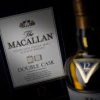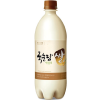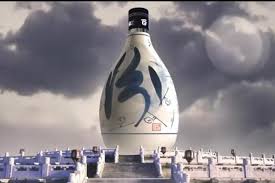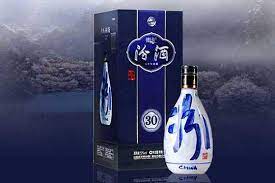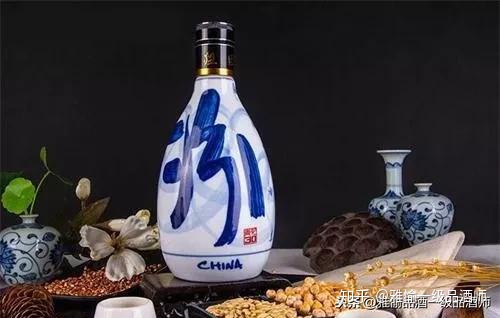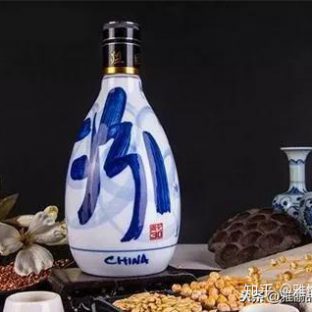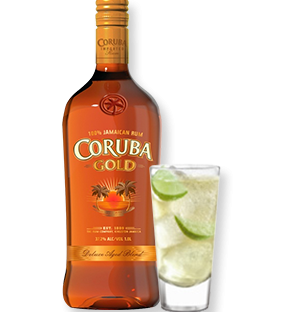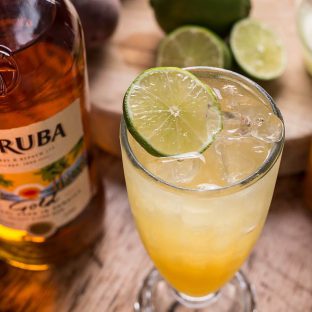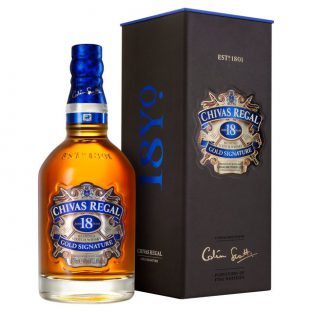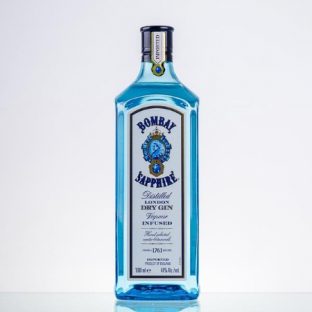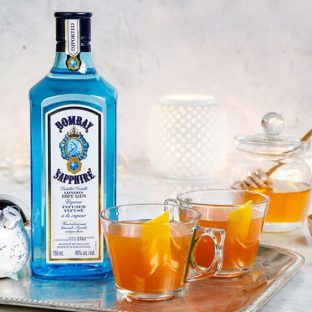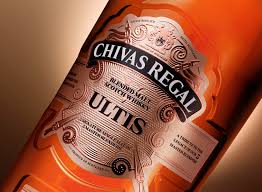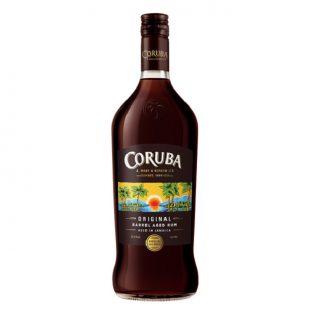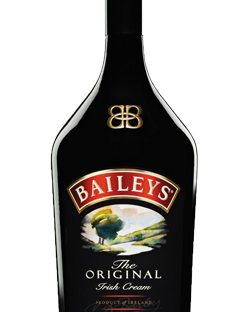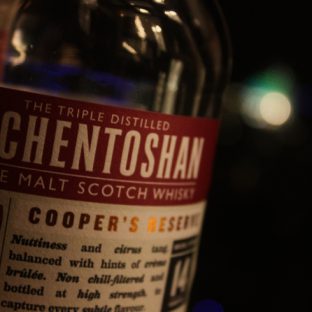Subtotal: $105.00
Fen Jiu Qinghua Blue Flower 30 Year Old 中国白酒 青花瓷30年汾酒 500mL
$270.00 $240.00
Based in Shanxi province, southwest of Beijing, Fenjiu is the oldest Baijiu in China and is famed for its elegant ‘light-aroma’ style. With a history dating back 6,000 years, the Fenjiu Distillery still follows the ancient methods, using organic sorghum, water drawn from the Gouzhuang spring 840 metres below the nearby forest, double fermentation, double distillation with cornhusks added to the fermented grain, and long maturation periods (that easily rival Scotch) in ceramic pots. The grain culture used to start the fermentation process is a combination of barley, peas and water, formed into bricks and left to develop in warm, humid conditions for up to two months. Fenjiu’s operation is mind-bogglingly huge. The distillery covers an area of 18 square kilometres, and they’re building a new one called Zhong Fen Jiu City that will be even bigger, more than doubling their size. There has never been a more exciting time to start drinking Fenjiu’s Baijiu.
Baijiu has been China’s national drink for more than five millennia and is the most-consumed hard liquor on the planet (18 billion litres are made each year). Although the West has been slow on the uptake, that’s all about to change. Sales of this fascinating spirit are exploding around the world. And it’s worth noting that Baijiu is as important a part of Chinese heritage as silk, tea, ceramics, martial arts and calligraphy, all of which have become very popular on these shores.
The name translates as ‘clear spirit’, and Baijiu can be distilled from sorghum, wheat, rice, sticky rice or corn. What makes it unique is two-fold. Firstly, it’s an ingredient called ‘Qu’ – bricks of damp grains left in a warm place until they grow yeasts, fungi and microorganisms – that is used to kickstart the fermentation, a little like koji for Japanese Sake. This gives Baijiu a distinctive aromatic funk, which reminds us a little of high-ester Jamaican rum. Secondly, it’s the fact that Baijiu – unlike any other spirit we’re aware of – is created by distilling the solids, not the liquid. Baijiu is then matured in ceramic jars; something that’s becoming increasingly fashionable in the world of wine also. These breathable containers allow micro-oxygenation of the spirit and remove impurities, all without adding flavour.
Again, like fine wine, production methods vary and there are strong regional variations. So, the Chinese generally classify Baijiu by its distinctive smell. The primary categories are ‘rice’, a sweet and floral style from the south; ‘light’, a delicate style from the north made with sorghum; ‘strong’, the most popular style crafted using at least two grains and mud pits for fermentation; and ‘savoury’ or ‘sauce’, an expensive and umami style thought to resemble soy sauce. Following a similar trajectory to other strong, artisanal spirits like Mezcal, Baijiu is traditionally sipped neat, but it has recently captured the attention of cocktail aficionados and the world’s finest bartenders. Baijiu now looks set to cement its status as the greatest spirit on the planet by increasing its global reach.
| Weight | 3 kg |
|---|---|
| Product Brand or Producer | |
| Product Package Size | |
| Price Range | |
| Special Tips | Asian Drink, Attractive Collection, Fasion Range, Gift For Great Senior |
| Spirit Region/Country | |
| Spirit Type |

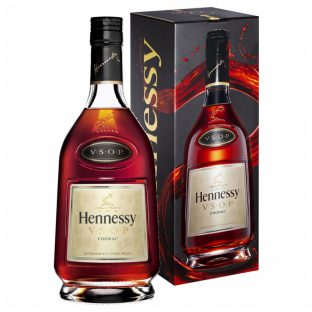 Hennessy VSOP Cognac 700ml
Hennessy VSOP Cognac 700ml 